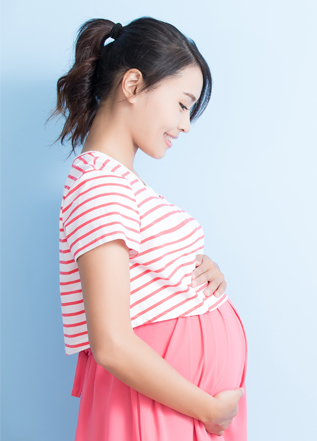 Address:
Address:
Suite 1213, 12/F, Ocean Centre,
Harbour City, 5 Canton Road,
Tsim Sha Tsui, Kowloon
 Telephone:
Telephone:
+852 2199 7886
Respiratory Syncytial Virus (RSV) is a common virus that affects the lungs and breathing passages. While it often causes mild, cold-like symptoms, RSV can be serious, especially for infants and older adults. In Hong Kong, RSV is a significant health concern due to its impact on vulnerable groups.
RSV infections happen throughout the year in Hong Kong. According to the Centre for Health Protection (CHP), most hospital admissions due to RSV are among children under five years old and elderly people aged 65 and above.
For children under five, the annual hospitalisation rates for RSV range from about 900 to 1,300 per 100,000 population. For elderly persons aged 75 and above, the hospitalisation rates range from about 60 to 160 per 100,000 population. The annual death rate from RSV among elderly persons aged 65 and above is about 5 per 100,000 population, whereas that for seasonal flu is about 40 per 100,000 population.
RSV is the leading cause of bronchiolitis and pneumonia in infants under one year old. It also poses a significant risk to older adults, especially those with chronic health conditions such as chronic heart disease, chronic lung disease, asthma and diabetes. RSV can lead to severe lung infections, resulting in more hospital visits and higher healthcare costs.
Vaccination is a great way to protect against RSV, especially for high-risk groups like infants, older adults, and people with underlying health conditions. There are currently two vaccines available in Hong Kong, including the Bi-valent RSV vaccine which can protect both older adults AND pregnant women to prevent RSV.
RSV is a significant health challenge in Hong Kong, particularly for young children and older adults. Vaccination is a key method to prevent severe RSV complications. Seek advice from your doctor on RSV vaccines today!


